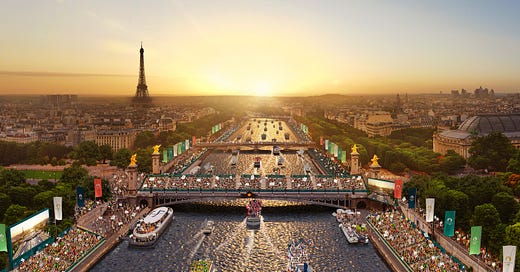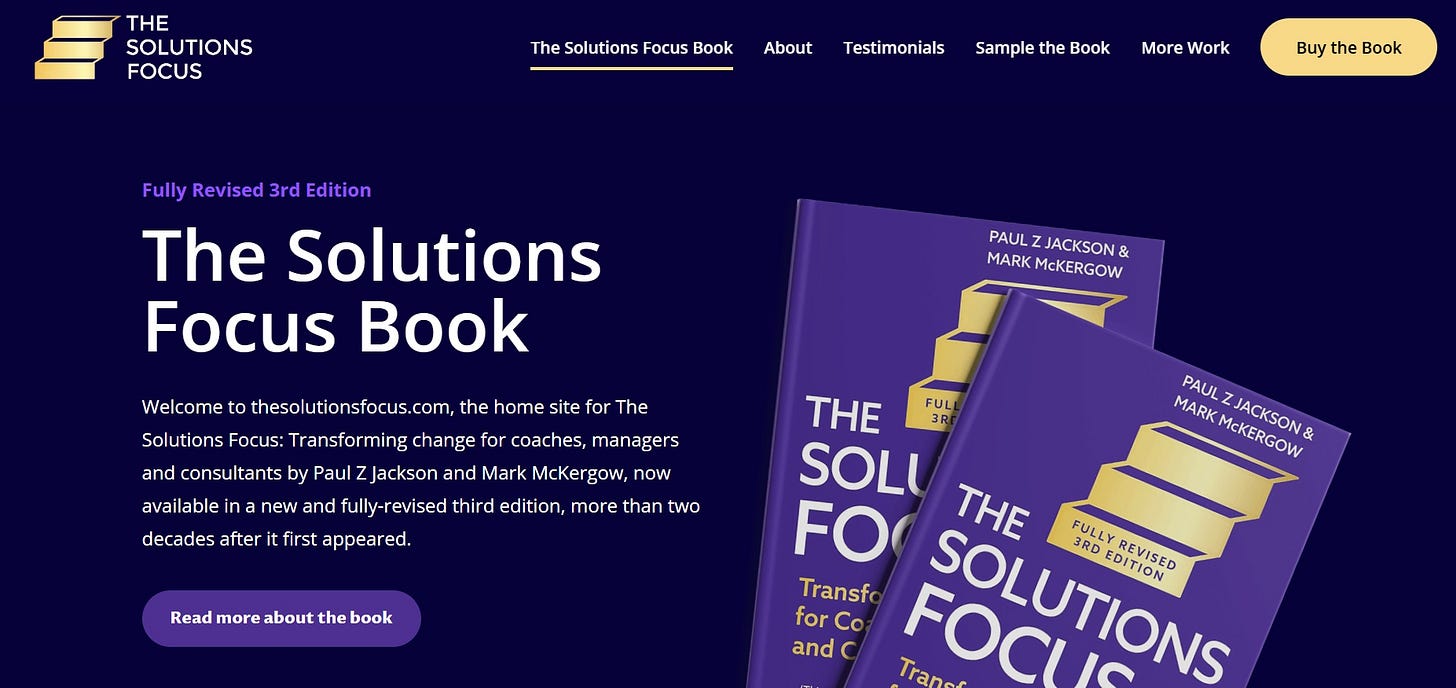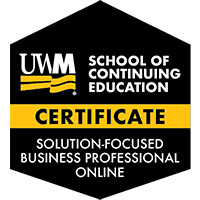67. The Olympic Paradox: national pride and inclusivity
Adam Grant finds a key distinction that is also a part of my Village In The City work
We’ve just finished a packed summer of sport, with the Olympics and Paralympics at its centre. With the 2020 Olympic games postponed for a year and held without audiences in Tokyo, it was particularly heartening to see the Games back before cheering crowds. The performances of the athletes seem to mean so much more when they are being hailed by thousands of supporters. The Paralympians sporting feats in particular are a source of inspiration as well as acclamation.
The Olympic paradox
The modern Olympics is, on the face of it, a curious blend. The movement started by Baron Pierre de Coubertin in the late 19th century was conceived as a way of building connections between nations through sporting competition. This inclusiveness is still a key part of the proceedings; pretty much every nation on earth takes part, and there are special rules (Universality Places) which allow nations to enter participants without meeting any qualifying standard. (There are a lot of pre-heats for the 100m because of this.)
Baron de Coubertin’s view on participation is still made clear in the ‘Olympic creed’:
"The important thing in life is not the triumph, but the fight; the essential thing is not to have won, but to have fought well."
In other words, it’s more important to take part than to win. This priority extends through the games with every competing nation getting their moment in the spotlight in the opening and closing ceremonies and everyone competing on equal terms in the events.
Inclusivity, yes. And it might seem curious that this festival of inclusivity and participation takes place with such ferocious focus on national pride. The winning nations are announced with great gravitas, flags are raised, the medal table displayed (now with China invariably on top rather than the USA, as was the case when I was young)…
Surely this focus on nation beating nation would be a source of tension rather than unity? Well, it seems not. That’s the Olympic paradox.
Rooting for, not against
I was struck by this piece by Adam Grant on Substack where he admits to being wrong about the Olympics. Having expected the games to create animosity between nations and competitors, he discovered the opposite; huge audiences uniting to cheer on feats of skill, competitors supporting and applauding each other, and, for a few weeks anyway, a feeling of positive connection and unity of purpose. As Grant puts it:
The ethos of friendly competition at the Olympics goes further: you root for your team without rooting against your opponents. If it can happen in the zero-sum world of sports—where winning requires someone else to lose—it can happen anywhere.
Grant goes on to make connections with ideas around positive patriotism, where borders and divisions do not imply defensiveness and doing-down.
I used to think the ideal state of the world was striving to transcend borders altogether. The Olympics reminded me that rejecting negative nationalism doesn’t require us to abandon positive patriotism. You can love your people without hating others.
Positive identity – for nations and neighbourhoods
When I was building the six key elements of a micro-local community as part of my Village In The City work during the pandemic, I came to a similar conclusion. The six elements are:
Connection within the community – ways to share news, ideas and concerns
Hosts – to bring people together
Inclusivity – the community is for all who live there, not just an in-group
Meeting places – formal and informal, where people can meet, talk, exchange
Inclusive gatherings – where everyone is welcome and welcomed and can bring and share their worlds
An identity – what makes this place a bit special?
(You can read more about these six elements in the Village Builder Handbook (free download).
The idea of an identity for the neighbourhood is a tricky one. So often one group of people can identify themselves in opposition to another group. This happens a lot in football in the UK and elsewhere. WE are amazing, but THEY (the local opposition) are unspeakable. This is worse in some places than others; the rivalry between my team (Ipswich Town) and their rivals Norwich City is definitely serious but does not approach the sectarian hatred between Glasgow teams Celtic and Rangers. There have even been reports of folk being attacked physically for wearing the ‘wrong’ shirt in the wrong place (a result of the Sunderland/Newcastle rivalry).
The question seemed to me, and still is, what makes our place (a little) special, why should we feel a bit proud to be connected with it – AND without hating the neighbouring places. Thinking about a positive identity for your neighbourhood tends to be something that emerges over time rather than is simply plastered on at a moment’s notice.
How to do it? Think about what makes it a special place? What are the traditions of the area? What were (and indeed are becoming) key trades and industries? What are the main geographical features? Which famous (and perhaps infamous) people came from there? There are very often key clues around, even if your place doesn’t seem to have much in the way of unique features. If you can’t find anything obvious, have a dig into the local history.
Or you could work the other way around; what kind of thing would you like your place to be known for? Everything has to start somewhere. Hay-On-Wye in England is now known as the ‘book town’ and is the host of a huge international festival of writing and culture, but it wasn’t always the case. In 1962 Richard Booth moved in, opened his bookshop with big ambitions…
Conclusions
Being proud of our own identities – national, regional, local, ethnic, religious, whatever – doesn’t mean that we have to do down others with different identities. To do that requires openness, patience, curiosity and a willingness to listen – all key aspects of a humane and effective organisation[MM1] . An organisational identity is much more than a mission statement; it could include culture, place, industry, heritage and more.
Dates and Mates
Yesterday, Tuesday 17th September 2024, saw the global publication of the new third edition of The Solutions Focus, along with a new audio book version. This is the ultimate guide to using Solution Focused methods in coaching, team development and organisational change. Order through
Agora talk, University of Wollongong, Thursday 19 September 2024. An enactive view of ‘mental illness’, what it means and how it might be treated. UOW Wollongong Building 20 Room 4. 3.30-5pm, admission free.
Solution Focused Approach conference, SF Academy, Singapore: 26-27 September 2024. I am doing panels and a workshop. More details at https://sf-academy.com/solution-focused-approach-conference/.
And finally for now…
Sunday 27 October 2024: My flagship SF Business Professional course starts with the University of Wisconsin Milwaukee. 16 weeks of learning, interacting, practicing, a project and the best possible grounding in SF work in organisations. Accessible everywhere in the world! Small group, lots of connection, a wonderful experience. I won’t be running many more of these so take the chance now. Discount for booking before 27 September 2024.








Thank you! The Olympic Paradox reminds me of the Boundary Spanning and the importance of managing boundaries to explore new frontiers. CCL developed a nice Boundary Explorer tool with cards a few years ago. This game has been fun and useful in management teams when it comes to solving challenges across boundaries.